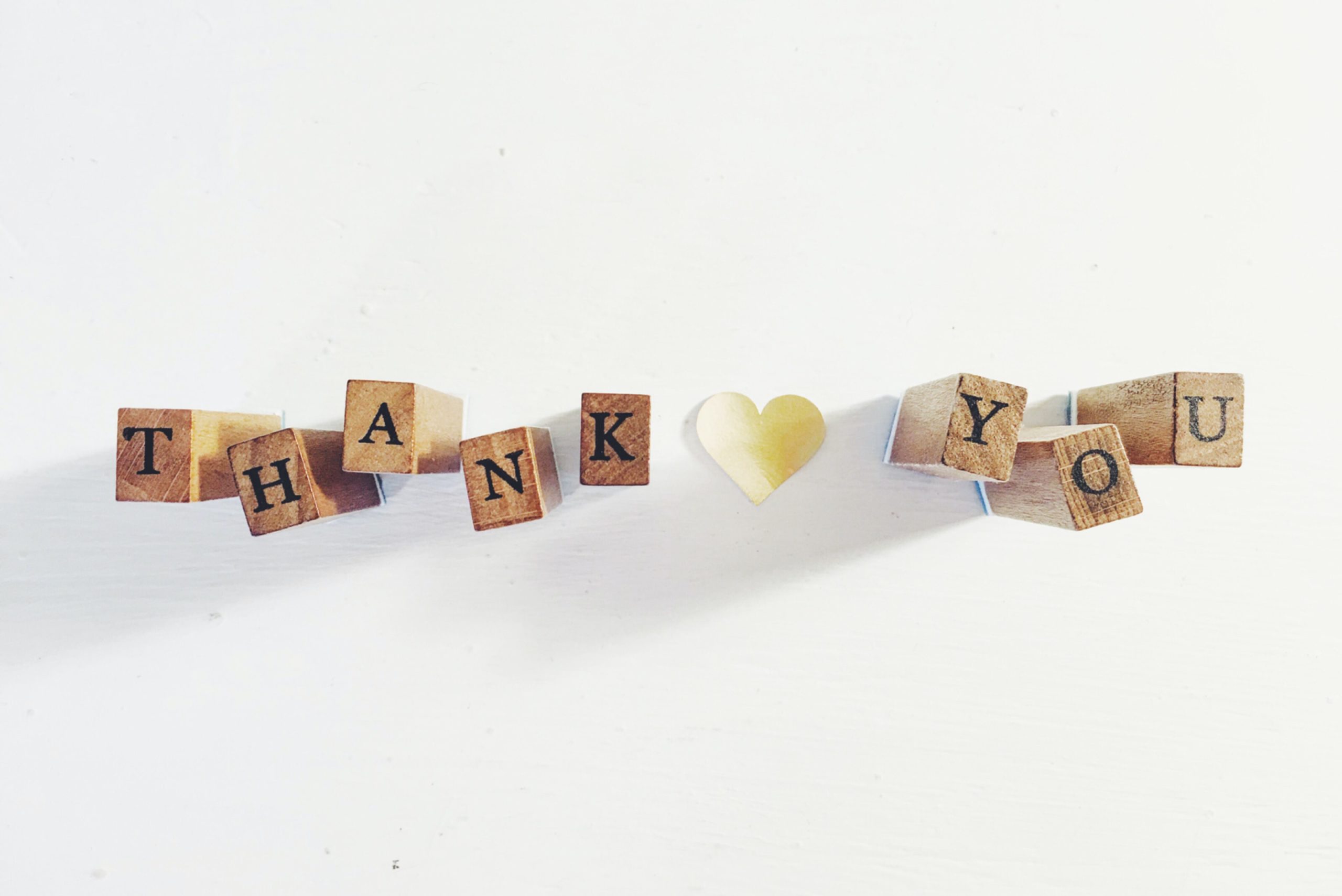I’ll confess, gratitude is not something that I have ever struggled to cultivate, access, and express. It bubbles up from my soul with ease. I could recount a hundred blessings for which I am grateful in this very moment without skipping a beat. I grew up in a home in which gratitude and expressions of appreciation were organic and abundant.
What is newer for me, is the ability to notice and appreciate the “good”— that is, the “good enough.” The term “gratitude” in English is likened to the practice of “Hakarat Ha-Tov” in Hebrew, which literally translates as “recognizing or acknowledging the good.” Note that “hakarat ha-tov” is not translated as “noticing the great,” or the “magnificent,” or the “perfect”— just the “good.” And maybe even, to borrow a phrase from the classic developmental psychologist, Donald Winnicott, the “good enough.”
This kind of hakarat ha-tov practice has been invaluable in my work as a rabbi. Noticing the good enough work of volunteers in the shul is a core part of my work: Torah readers who may not have the best ear for pitch, but show up week after week to leyn Torah, committee leaders who are not experts at facilitating meetings but are willing to devote their precious time to getting the work done, and mikveh guides who, from time to time, cancel at the last minute and leave me scrambling, but more often, show up with deep presence, love, and skill. Acknowledging their efforts is part of why they keep showing up and why our community continues to grow and thrive.
Noticing the “good enough” in professional partners is equally important, including fellow staff members who are still very much in the learning phase of their jobs, colleagues who do some things particularly well and other things less so, and teammates who have lives outside of the shul and sometimes can only contribute so much to our shared work. I used to think that accepting, and even appreciating, the “good enough” was a liability. In recent years, however, I have come to see it as one of my superpowers.
At a recent all-staff meeting which I facilitated, we created “asset maps,” in which each member of the staff had an opportunity to notice something good they appreciated about their co-workers in relation to our shared work during the Yamim Nora’im (the Days of Awe). On my “asset map,” several people commented that I look for “the good" or frame even difficult moments in a positive light. As I reflected on my asset map, I beamed. It’s not that I am unwilling to acknowledge what doesn’t go well or to identify ways in which I, or others, have room to grow. But what I know for sure is that without taking time to appreciate what is “good” or “good enough,” “great” is exceedingly hard to achieve.
Parenting has been, perhaps, the most illustrative way to see the immense value in noticing the “good enough.” Being a parent inevitably magnifies my flaws in ways I simply cannot avoid. My children have an almost magical way of shining a light on all the ways in which I have yet to heal and need to grow. But most of the time, I am able to show up for them as a “good enough” parent. Good enough means that I am cognizant of my humanity. Good enough means that I can identify areas of weakness and explore them with benevolent curiosity. And, gratefully, apparently “good enough” parenting has turned out three pretty great kids.
As a longtime member of this cherished community, I am confident that I am not alone in saying that I have a propensity for the pursuit of “great.” For most of my life, I associated good with mediocrity. After all, my ancestors worked too hard and sacrificed too much for me to settle for anything less. But I’ve learned there is wisdom in hakarat ha-tov— that is, noticing the “good enough.” Cultivating the capacity to notice what is “good enough” means that I can co-exist alongside other imperfect colleagues. It means that I can continue to grow as a human alongside my children and remind them that their value and worth are not ultimately dependent upon their achievements or accolades. It means I can continue to find joy and love in a marriage, nearly 25 years old, in which I inevitably inflict hurt and make mistakes. It’s possible to be a masterpiece and a work in progress at the same time. “Good enough” turns out to be pretty great. In fact, “good enough” might even be redemptive in a world which worships the illusion of “perfection.”
When I pray the words of the Aleinu, saying “l’taken olam b’malkhut Shaddai” (to heal the world with the sovereignty of the Almighty”), I read the word, “Shaddai” not as “the Almighty,” but rather as “sh-dai” (with a sense of “enough”). In this way, I am reminded that my job in this world is to praise, labor and love with a quality of “good enough-ness.” That, too, is tikkun olam.
Rabbi Dr. Jenny Solomon

Get to know the author
WGF/DS Rabbi Dr. Jenny Solomon (Class 10) serves as a rabbi at Beth Meyer Synagogue and is the founding director of Libi Eir Awakened Heart Community Mikveh in Raleigh, North Carolina.

